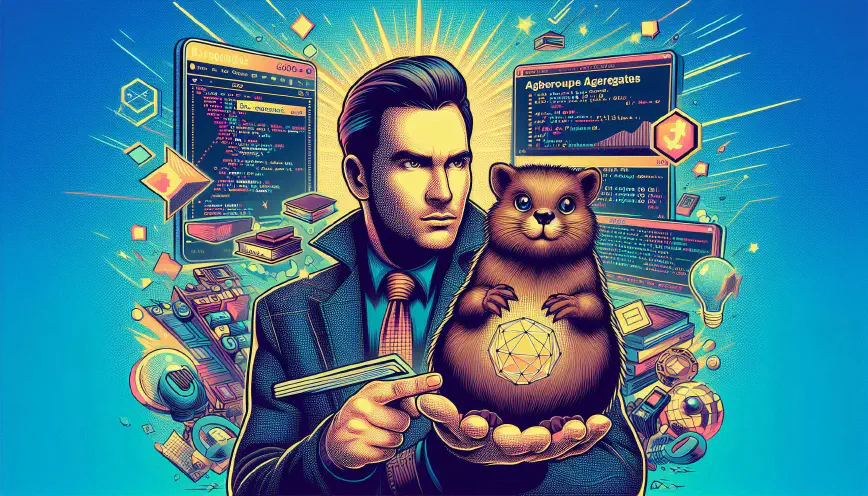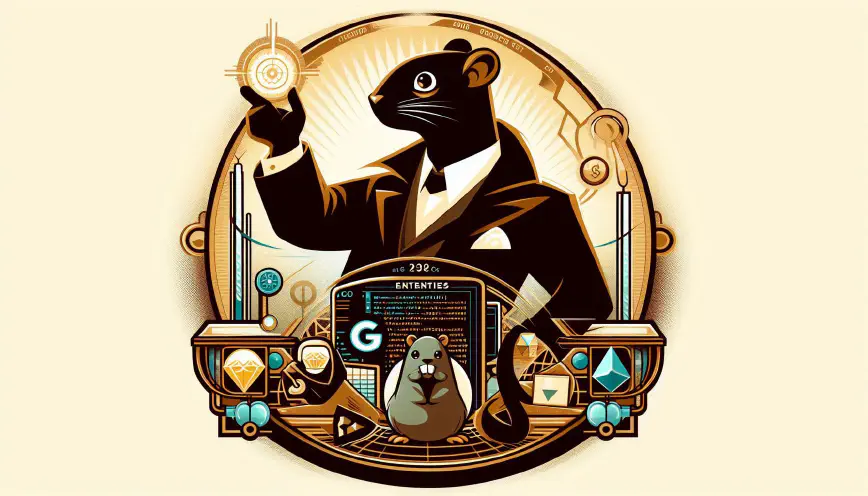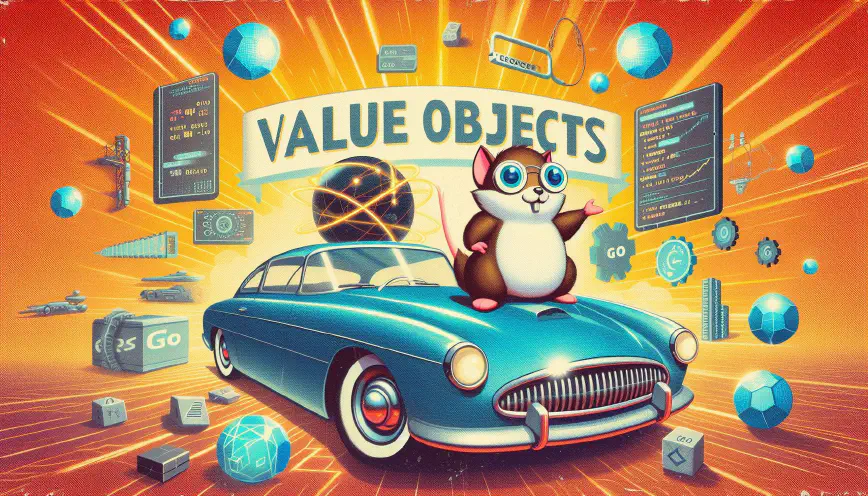
Domain-driven Design in Go: Aggregates
Using Value Objects and Entities goes a long way towards improving code readability and structure. But for effective system design in Domain-driven Design, you’ll need to understand a higher level building block: aggregates.
In this post, I’ll explore what aggregates entail, how they relate to system design and how to create them in Go.
Dennis Vis
March 23 2025
•
12 min read

